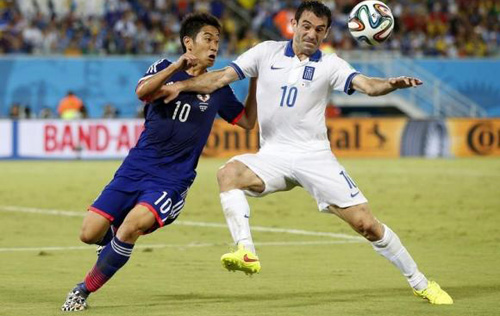 At a time when the coalition applecart at the Centre has been somewhat disturbed by the withdrawal of Jamiat Ulema-e-Islam-Fazlur Rehman (JUI-F), the ruling Pakistan People’s Party’s (PPP’s) overtures towards the opposition PML-N and its efforts at placating coalition partner Muttahida Qaumi Movement (MQM), whose feathers were ruffled by acerbic remarks from Sindh’s Home Minister Zulfiqar Mirza, have taken on an added significance. Following close on the heels of his invitation to PML-N chief Nawaz Sharif to a state banquet with the Chinese premier, President Zardari has given a detailed reply to Nawaz’s November 10 letter, in which he pointed out the weaknesses of the government and urged the PPP to improve governance. On the other hand, Prime Minister Yousaf Raza Gilani met a delegation of MQM and asked Sindh’s home minister to refrain from issuing divisive statements. The MQM delegation also met President Asif Zardari. As a result of these meetings, it appears the ruffled feathers of the MQM have been smoothed to quite an extent. Seen in the context of high level contacts among various political actors following JUI-F’s withdrawal from the coalition, all this may be seen as part of the government’s damage control exercise.
At a time when the coalition applecart at the Centre has been somewhat disturbed by the withdrawal of Jamiat Ulema-e-Islam-Fazlur Rehman (JUI-F), the ruling Pakistan People’s Party’s (PPP’s) overtures towards the opposition PML-N and its efforts at placating coalition partner Muttahida Qaumi Movement (MQM), whose feathers were ruffled by acerbic remarks from Sindh’s Home Minister Zulfiqar Mirza, have taken on an added significance. Following close on the heels of his invitation to PML-N chief Nawaz Sharif to a state banquet with the Chinese premier, President Zardari has given a detailed reply to Nawaz’s November 10 letter, in which he pointed out the weaknesses of the government and urged the PPP to improve governance. On the other hand, Prime Minister Yousaf Raza Gilani met a delegation of MQM and asked Sindh’s home minister to refrain from issuing divisive statements. The MQM delegation also met President Asif Zardari. As a result of these meetings, it appears the ruffled feathers of the MQM have been smoothed to quite an extent. Seen in the context of high level contacts among various political actors following JUI-F’s withdrawal from the coalition, all this may be seen as part of the government’s damage control exercise.
Nevertheless, the reconciliation moves with PML-N have their own merit. Nawaz Sharif’s party is not part of the coalition, nor does the government hope to involve them in the government at the Centre. The issues that have been raised by President Zardari in his reply encompass the challenges facing the country. There are no two opinions that economic reform, the war on terror, flood rehabilitation and the development of an impartial accountability mechanism all need cross-party support and contributions. Therefore, President Zardari’s soliciting of support from PML-N to resolve these issues while addressing its concerns in line with the PPP’s policy of reconciliation should be looked at in a positive light.As for the future of the coalition, although the JUI-F has announced a parting of the ways with the PPP government, given their track record, it may turn out to be another political gimmick. This view is strengthened by the fact that the two JUI-F ministers, who resigned from their posts in protest against Federal Minister for Science and Technology Azam Swati’s sacking, continue to hold office on the pretext that their resignations have not yet been accepted. Maulana Fazlur Rehman too seems unwilling to give up the chairmanship of the parliamentary committee on Kashmir, as is JUI-F’s Maulana Mohammad Khan Sherani disinclined to leave the chairmanship of the Council of Islamic Ideology.
They may eventually return to the coalition, although it is premature to predict on what conditions. MQM, on the other hand, seems to be satisfied with Prime Minister Gilani and President Zardari’s assurances, the PPP realising that antagonising the MQM unnecessarily will harm its own interests. The likelihood of MQM leaving the government has decreased to a great extent, their contacts with the opposition within and outside parliament notwithstanding. The leader of the PML-Q, which was being tipped as a potential coalition partner at the Centre, Chaudhry Shujaat Hussain has come out with contrary remarks on any such possibility and accused PML-N of actually supporting the government, while pretending to be an opposition party, in order to save its government in Punjab. Thus there are no indications of an immediate change in the political set-up. Continuation of the current set-up is in the interests of the country. The encouraging part of this scenario is that no political leader has made mention of extra-parliamentary mischief. It appears that political forces have learned that inviting unconstitutional interventions is detrimental to the country as well as their own interests. Can we hope that the door has been slammed shut on such adventurism for good? – Dailytimes











